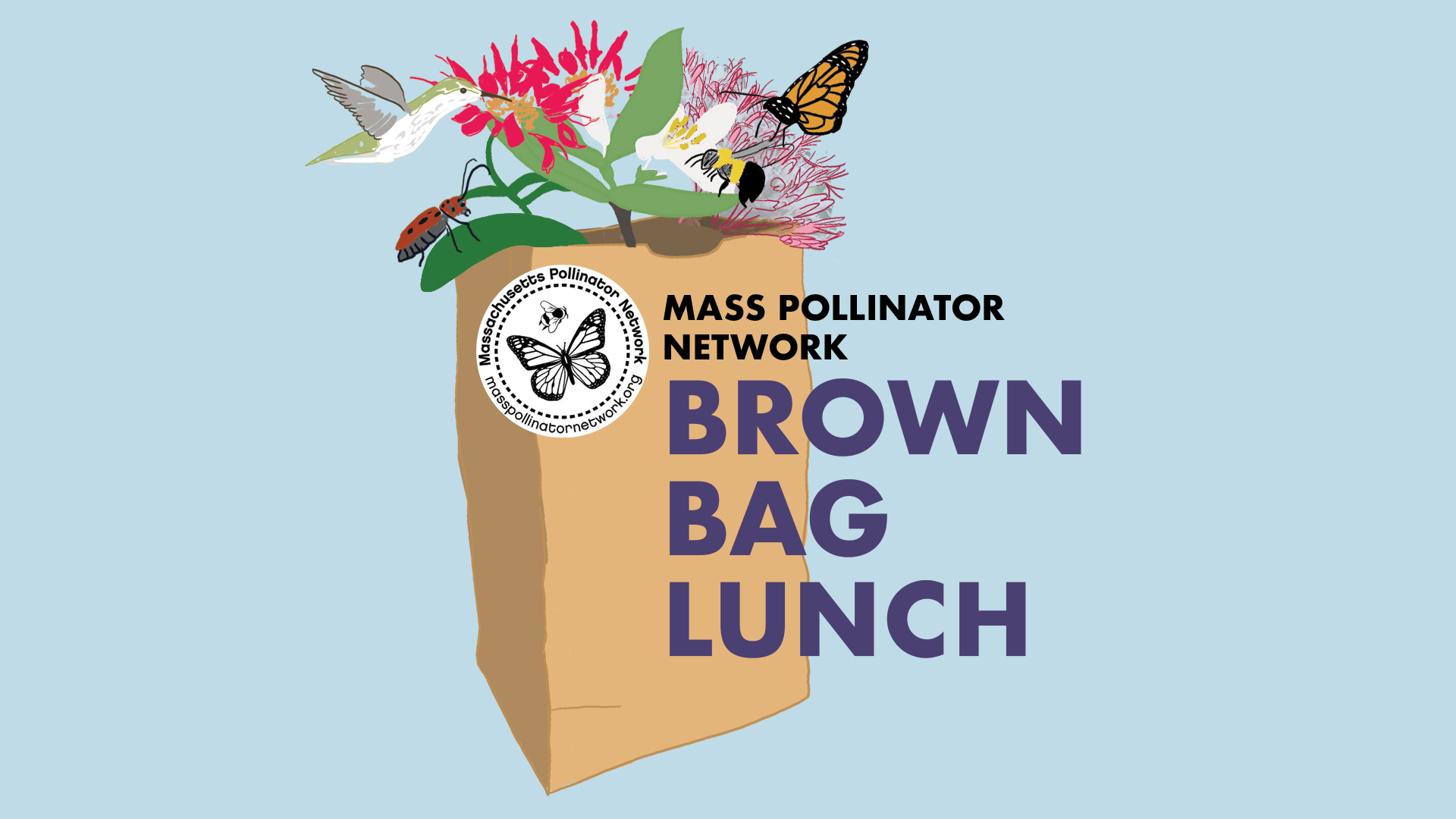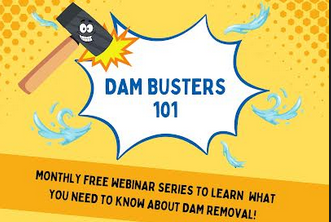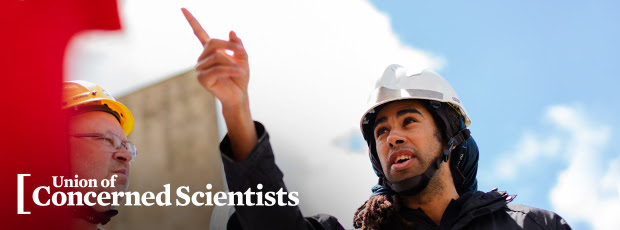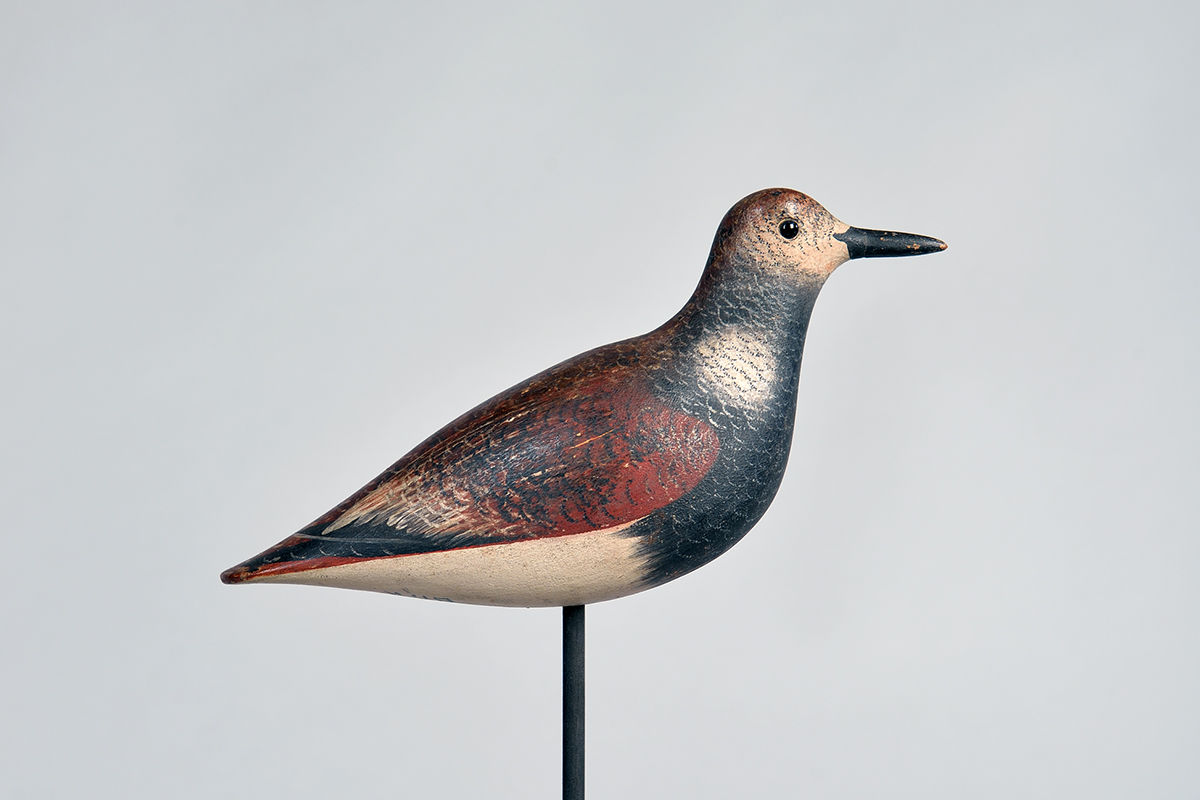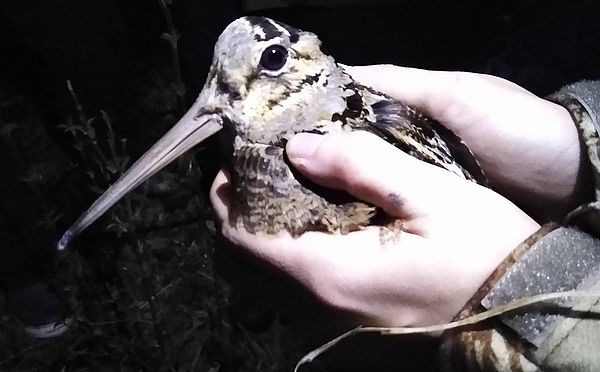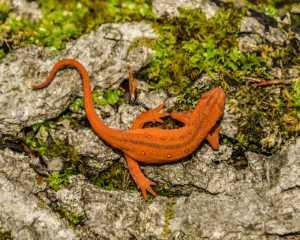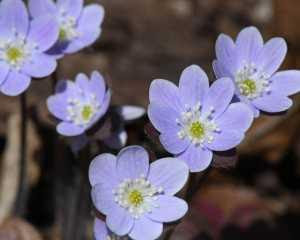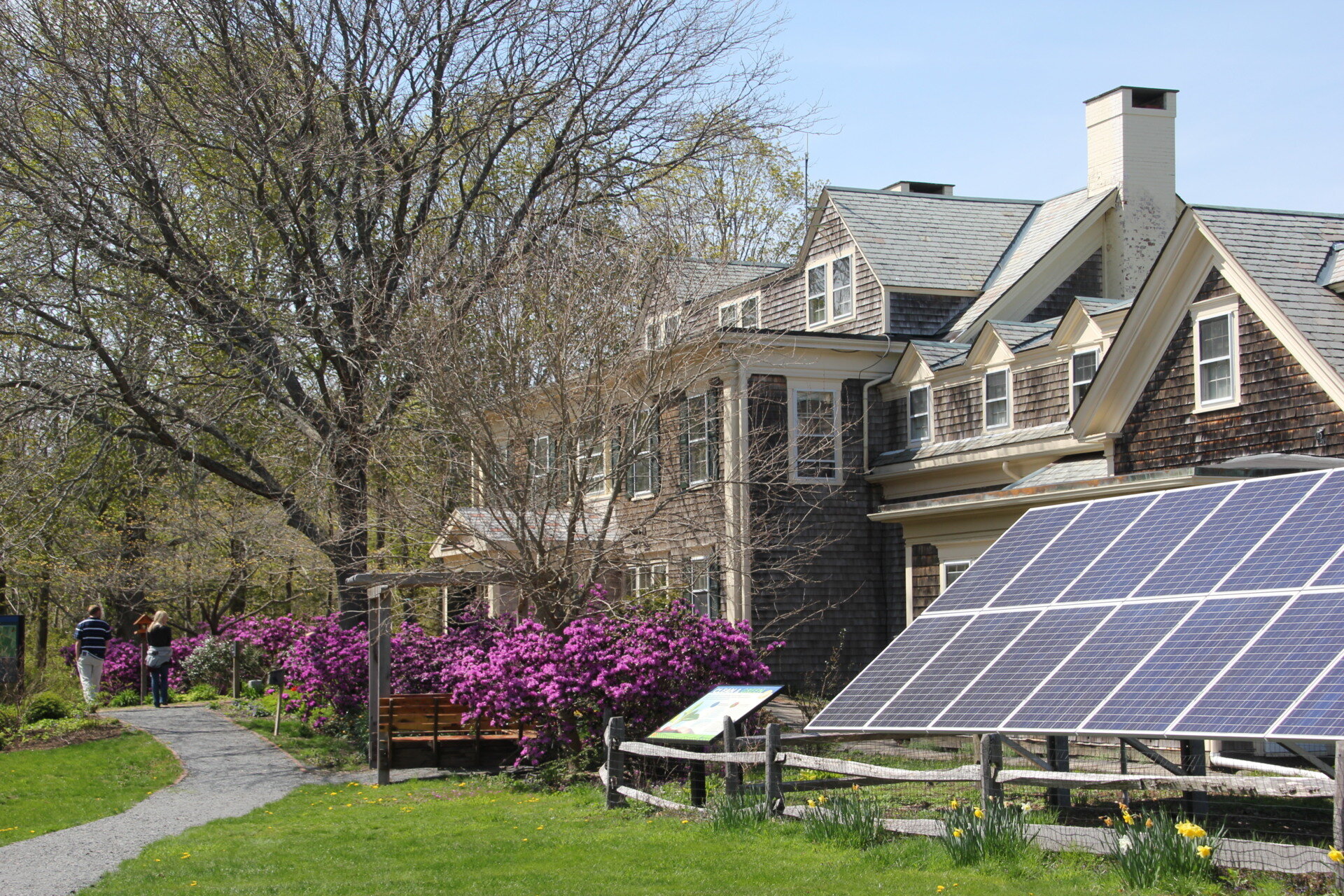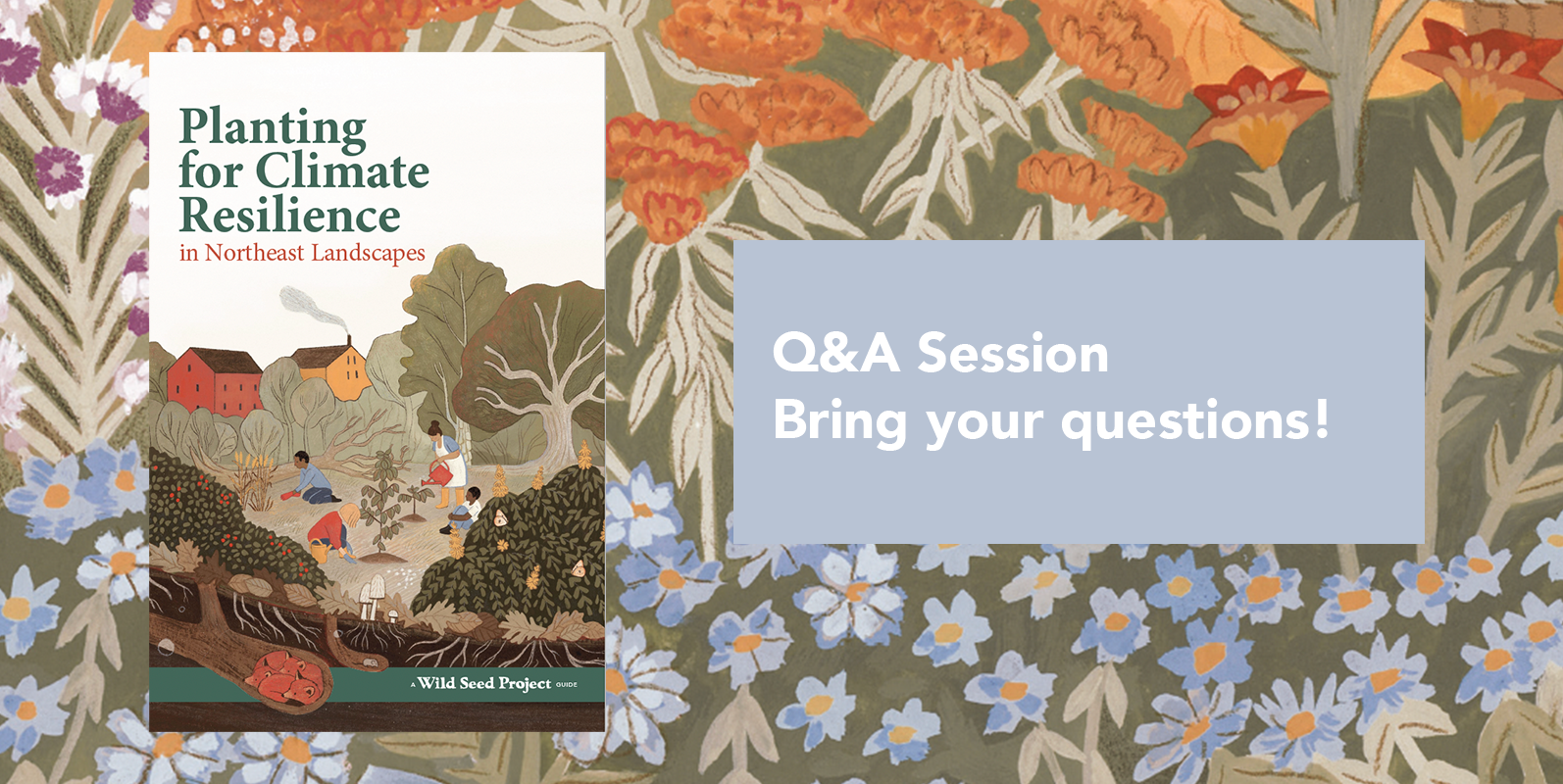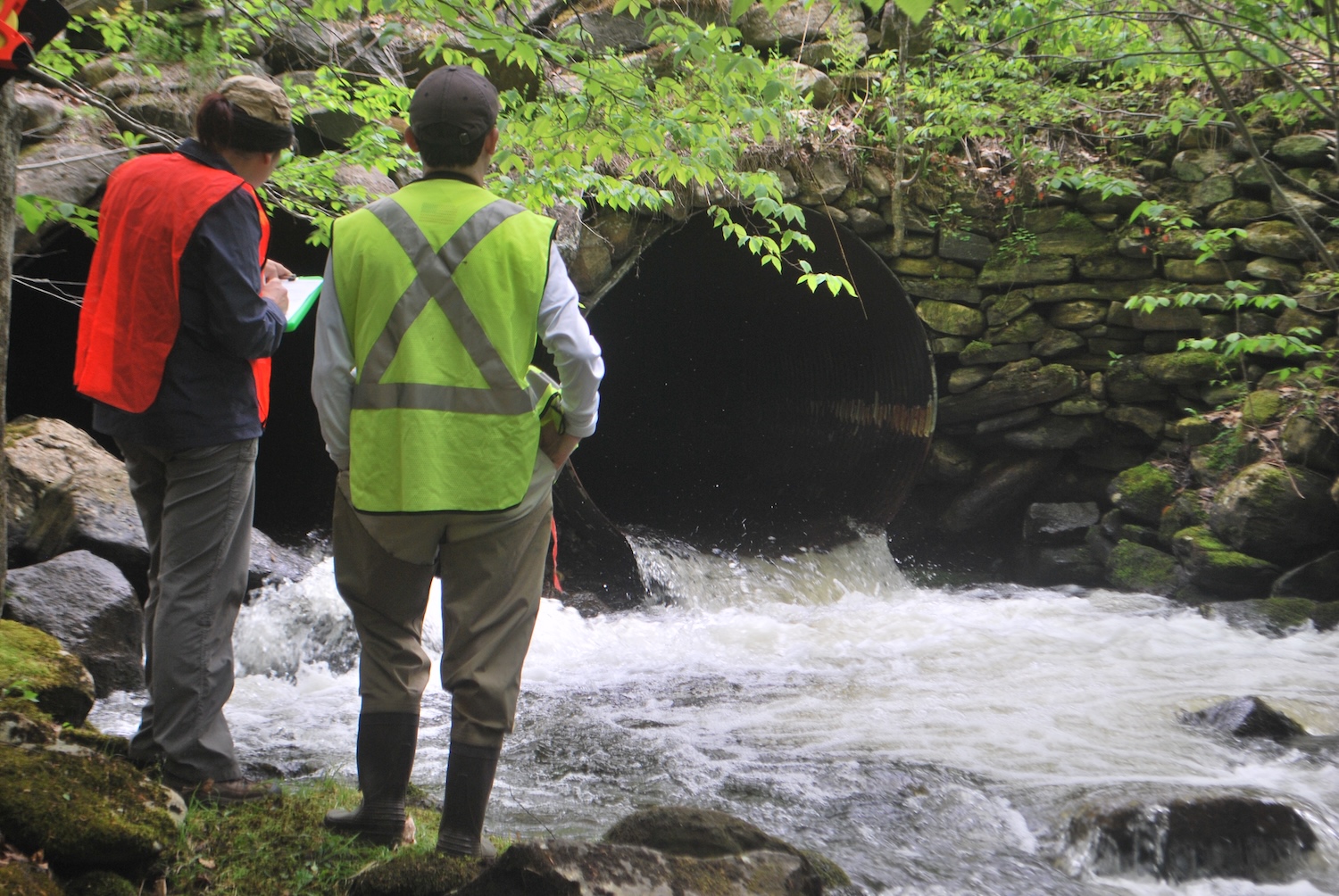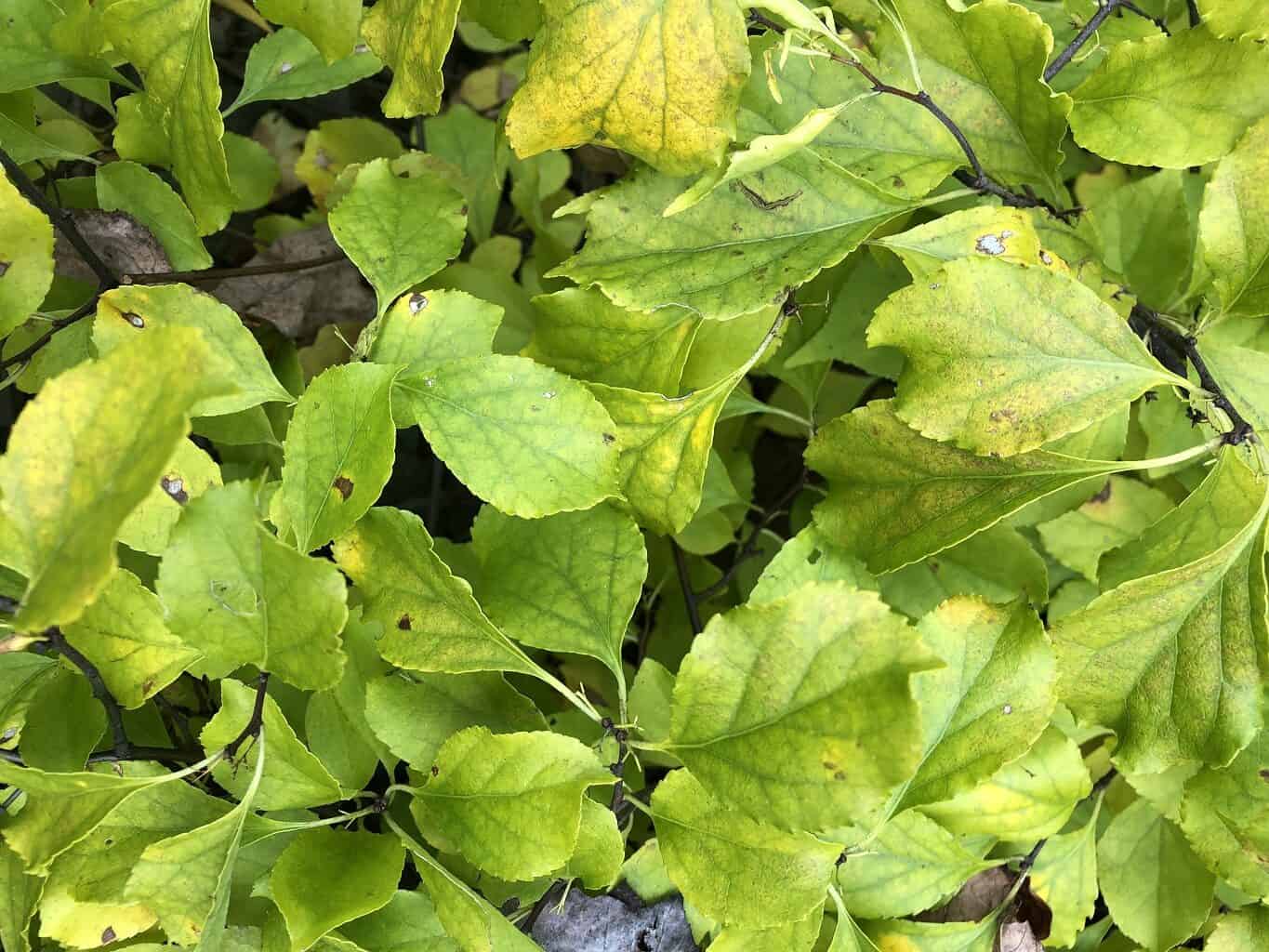Online
Mass Pollinator Network Brown Bag Lunch
OnlineA new program from Mass Pollinator Network: Brown Bag Lunch This drop-in Zoom event will happen on the first Wednesday of each month, beginning February 7, from noon to 1pm. Stop by to meet other pollinator advocates, ask questions of…
Dam Busters 101: Scoping the Dam Removal Projects and Managing Consultants
OnlineLearn about the importance of creating a proper scope of work and strong multidisciplinary team of consultants to help you manage the complexities of working in a riverine environment. Mass Rivers Alliance, along with the Massachusetts Division of Ecological Restoration,…
The Risks of Over-Reliance on Gas Power Plants
OnlineThe US over-reliance on gas power plants presents significant risks. Gas plants are much more vulnerable to severe winter weather and extreme heat than gas proponents acknowledge, and plants can fail at alarming rates in extreme weather—even as their carbon…
Reminiscences: A Half-Century Among Carved Birds and Their Collectors
OnlineOver the course of her long career, Gigi Hopkins has seen enormous changes in the world of decoys and miniatures: who collects them, how they are sold, and how they are understood by the art market and by museums and…
LEARN! An Evening with Timberdoodles
OnlineJoin this BNRC-hosted online event with Kayleigh Filkins to learn about Timberdoodle ecology and fun facts as well as a scientific roundup from the eastern woodcock migration research cooperative. Kayleigh Filkins is a graduate student at SUNY Brockport doing her master’s…
Resilient Landscapes for a Changing Climate
OnlineThe Mass Pollinator Network is delighted to welcome Trevor Smith, Design and Education Manager at Weston Nurseries. Trevor will take you past the scary numbers and the heartbreaking photographs and break out what sorts of things you can actually do about…
Advocacy Hour: Protecting our Night Skies
OnlineIn the natural environment, we take the day-night cycle for granted. But human activities have altered our reality. Increasingly, the deep dark of night is muddied by artificial illumination. Yes, our 24/7 society requires a certain amount of light at…
Vernal Pool Reptiles and Amphibians
OnlineDive into the lively world of vernal pools Many Vermont reptiles and amphibians rely on vernal pools for mating and breeding. These wet areas are critical habitat for the reproduction of species like frogs, salamanders, snakes, and turtles. Herpetologist Jim…
The Making of a Field Artist
OnlineBarry Van Dusen’s art and career took on an exciting new dimension when he decided to devote himself to drawing and painting nature subjects outdoors—direct from life. Hear about his inspirations and influences, his challenges and setbacks, and his progress…
Mass Pollinator Network Brown Bag Lunch
OnlineA new program from Mass Pollinator Network: Brown Bag Lunch This drop-in Zoom event will happen on the first Wednesday of each month, beginning February 7, from noon to 1pm. Stop by to meet other pollinator advocates, ask questions of…
Dam Busters 101: Addressing Infrastructure
OnlineLearn about addressing infrastructure during dam removal. Mass Rivers Alliance, along with the Massachusetts Division of Ecological Restoration, and the Charles River Watershed Association, is pleased to present a series of monthly, lunchtime webinars on a variety of dam removal…
Waiting for Wildflowers: Spring’s Gifts
OnlineSplashes of color on the forest floor Late winter has all of us waiting and watching for the first wildflowers. By the end of March, we’ve seen pussy willows and maple flowers, alders and elms, but the ground-dwelling wildflowers are…
In the Life of the Bumble Bee Queen (and the Cuckoo too!)
OnlineJoin Rich Hatfield, Xerces Senior Endangered Species Conservation Biologist, to take a deep dive into the reproductive females of bumble bees, including cuckoo bumble bees. We'll primarily look at the solitary phase of the lifecycle, including what is known about…
How Wildlife is Responding to Climate Change in the Northeast
OnlineClimate change is having strong impacts on the ecosystems of the northeastern U.S. As snowpack declines, summers dry, falls flood, and temperatures soar, species struggle to keep up. Alexej Sirén and Toni Lyn Morelli have been working with federal and…
Conservation in Your Community – Conserving Nature Close to Home Series
OnlineHow can you make the world a better place for people and wildlife? This free online series by Mass Audubon will explore what you can do in your community to address climate change by supporting nature. Learn how climate change…
Creating and Enhancing Native Bee Habitat in Your Garden With Heather Holm
OnlineThere is a great deal that home gardeners can do to provide habitat for our native bees without sacrificing other garden goals. When creating and managing thriving habitats for native bees, many factors such as seasonal phenology, nesting strategies, and…
Planting for Climate Resilience Q&A with Wild Seed Project
OnlineWild Seed Project's 2024 Guide is all about Planting for Climate Resilience, and they want to hear from you, their community, about the questions you have regarding caring for plants and other life in a changing world. Wild Seed Project…
Shorebirds in Modern Times: Two Centuries of Art, Science, and Conservation
OnlineSubhankar Banerjee has traveled the world, doing archival and field research (and photography) on shorebirds. His journeys have taken him across the United States to field locations in Alaska, Massachusetts, Maine, and New Mexico, and internationally to the Sundarban Tiger…
Info Session with Scott Jackson: Wildlife Connectivity and Getting Trained in the NAACC Protocol
OnlineJoin UMass Extension Professor Scott Jackson for this BEAT-organized info session about the North Atlantic Aquatic Connectivity Collaborative (NAACC) and learn how you can contribute to wildlife conservation through hands-on volunteer fieldwork! Free-flowing waterways provide better habitat for many wildlife…
Talks on the Hill: Stories of Invasion: When Non-native Plants Invade
Sheep Hill 671 Cold Spring Rd, Williamstown, MA +1 moreFrom the plants we bring in on purpose to the plants that are accidentally introduced and then become pests, invasive plants have numerous stories of how they got here and spread, their impact and what we might do about them.…

